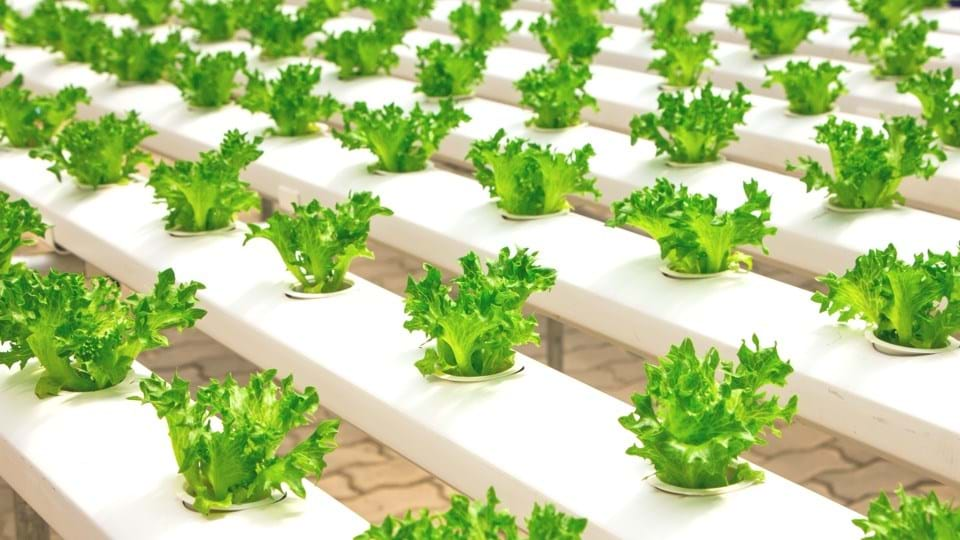Oaxaca, Chiapas, Michoacán, Chihuahua and Nuevo León are the leading states in terms of surface area destined to plant these products, although it is the first three that account for 50% of the total land.
During the first 20 years of the millennium, the number of producers dedicated to agroecology, as well as the land dedicated to it, has multiplied exponentially in Mexico.
“During the COVID-19 pandemic, we have understood that the people most vulnerable to the disease are those whose immune system is impaired by chronic non-communicable diseases, which the Mexican population has suffered for three decades to a large extent due to neoliberal agri-food policies “, Víctor Suárez, undersecretary of food and competitiveness, presented during the 16th conference on food sovereignty organized by his portfolio.
Suárez pointed out that he has focused on transforming the way of eating of Mexicans to a healthier, more natural way of consumption and with the least possible processing as “an ongoing work of the Mexican Government of the Fourth Transformation with society.” The undersecretary pointed out, referring to the work of the Inter-ministerial Group of Health, Food, Environment, and Competitiveness (Gisamac).
“Organic foods occupy a privileged place in the vision that we want to promote because they do not contain pesticides or fertilizers, they do not pollute the soil, air, water or the consumer, due to their high nutritional quality,” Suárez pointed out.
Organic in Mexico
According to data provided by the aforementioned undersecretary, Mexico ranks third in the world in organic production, after India and Uganda. It is the fourth country in Latin America with the largest area dedicated to organic agriculture with 2,000,000 hectares destined for chemical-free production and the collection of wild plants.

The main organic crops in Mexico are coffee, avocado, corn, cocoa, alfalfa, sesame, guava, mango, lemon, and banana, for which most of the communities are responsible. indigenous people of Mexico.
For Sven Schalit, an organic coffee producer in Chiapas and president of the International Federation of Organic Agriculture Movements (Ifoam) that works to promote organic and agroecological movements at the regional level, the consumption of organic products has seen an increase in tandem of the production of the last years.
According to Homero Blas, president of the Mexican Society of Organic Producers, based on research contributed by the Universidad Autónoma Chapingo, in Mexico the evolution of organic producers has been evident:
- In 1996 there were 12,785 organic producers ,
- By 1998, they had grown to 27,914,
- For the year 2000, this figure stood at 33,587 producers,
- In 2004, there were already 83,174,
- By 2007, the total had reached 128,862 producers,
- In 2012, the figure climbed to 169,570,
- In 2015 it reached 200,000 producers throughout the country,
- And for 2016, the last year for which figures were presented, 215,000 organic producers were counted throughout Mexico.
“This has brought about an evolution of the surface destined for organic production, reaching 700,000 hectares of industrial agriculture, plus an estimated 1,300,000 hectares of non-agricultural areas that are organic harvesting,” said Blas.
In addition, he said that the sector continues to grow because there are another 100,000 hectares in conversion to organic production without using agrochemicals. In addition, it is estimated that there are another half a million organic producers in Mexico that do not have certification. “In total, it is estimated that Mexico practices organic agriculture on 3,000,000 hectares,” he estimated.
Blas concluded by contributing that, based on a market and consumption study carried out in the country, the first segment of the Mexican population with an interest in consuming organic food is precisely those who suffer from chronic diseases such as diabetes and obesity. Then there are women with young children and also, younger populations called millennials, given that according to Blas, “they get more information about the quality of food.”
The data show that Mexico is among the top 20 exporting countries, delivering 85% of the national production to the United States, Germany, France, the United Kingdom, Canada, Italy, Switzerland and Japan.
“The boom” of organic products is due in part to the absence of fertilizers and other chemical substances during the production process, insisted the president of Fundación E, an organization aimed at generating an entrepreneurial culture in Mexican agriculture.

However, he acknowledged that this sector faces large industries, with high production volumes, and must find a way to lower its costs, because organic ones are more expensive than conventional ones.
After collecting information in specialized stores and supermarkets in Mexico City, through the Who’s Who in Prices program, the Federal Consumer Prosecutor’s Office (Profeco) revealed that organic foods are between 11 and 337% more expensive than conventional ones.
“This is where the challenge lies,” insisted González Guzmán, who considered that producers can face this problem with the use of new technologies in crops.

He exemplified that those who grow vegetables from hydroponics – a technique that requires PVC pipes and water with nutrients without any type of substrate – could integrate elements to automate and, through the Internet, be aware of the needs of the harvest.
“This will allow breaking the paradigm of mass food production, returning to organic and with a competitive and accessible price for any pocket,” he argued.

He even added that the development of applications will change the way of buying because the freight to transport food is very high because they move in low quantities.
González Guzmán has trained more than 10,000 young people in the country and hopes that at least 20% of them will materialize their technological projects to further promote agriculture and, with this, establish more roots in that population to prevent their migration.
Source: forbes.com.mx, mundo.sputniknews.com





